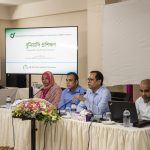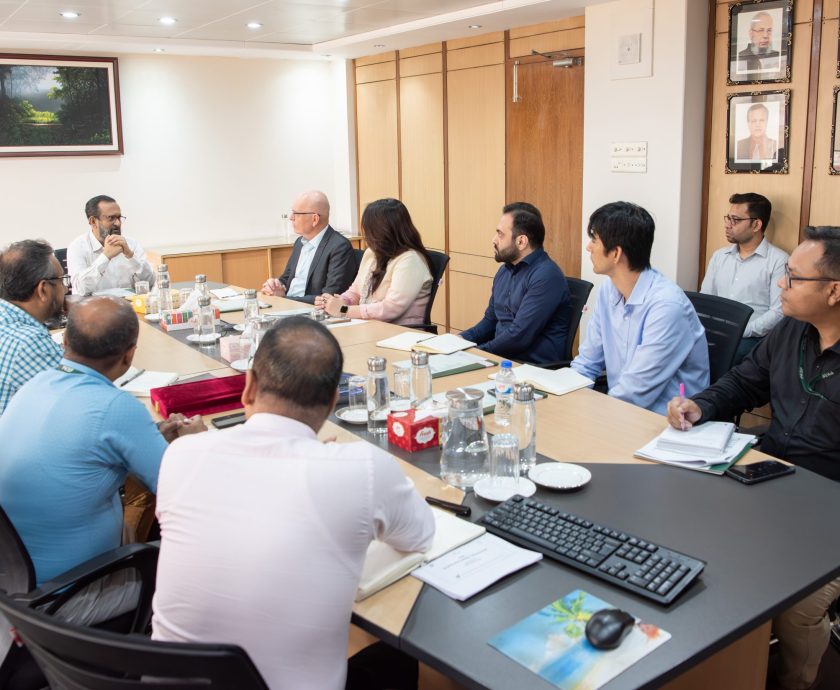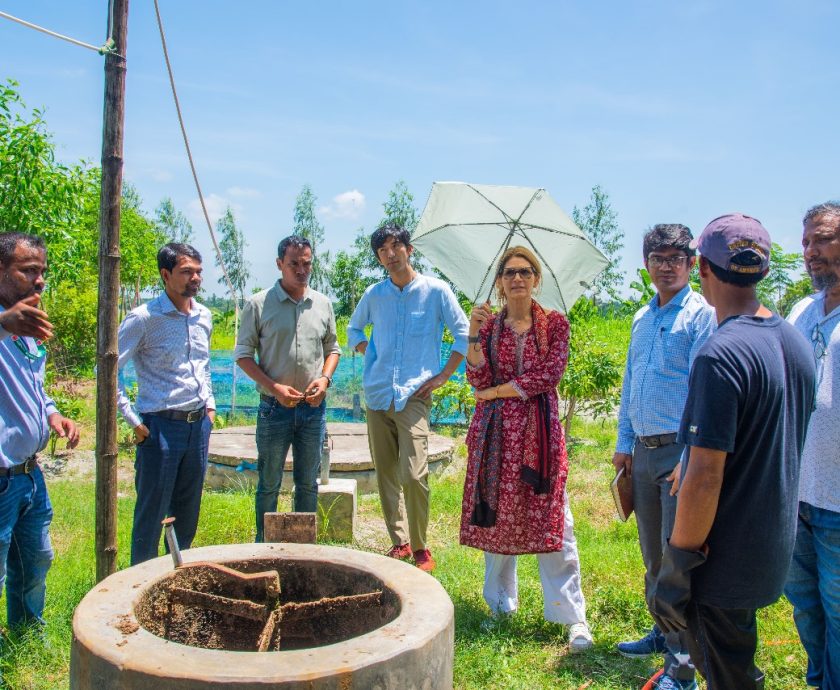A recent situational analysis has revealed critical insights into the state of Bangladesh’s microenterprise sector as PKSF launches its Sustainable Microenterprise and Resilient Transformation (SMART) Project. The study, conducted by Development Technical Consultants Pvt. Limited (DTCL), surveyed 5,457 microenterprises across nine sectors in 41 districts during the second quarter of this year, emphasizing the urgent need for climate-resilient practices while showcasing the socio-economic potential of these small businesses.
The analysis uncovered significant environmental challenges within the sector, with only 13% of the surveyed microenterprises being familiar with Resource-Efficient and Cleaner Production (RECP) practices. Of these, a mere 2.84% have implemented any RECP measures, highlighting a substantial gap in the sector’s sustainability efforts. Awareness of RECP was notably higher in the horticulture sector (31.77%) but alarmingly low in food processing, where none of the surveyed businesses had any knowledge of these practices.
The findings were presented by DTCL during a session on 1 September 2024. Md Mashiar Rahman, Deputy Managing Director of PKSF, presided over the event. Gokul Chandra Biswas, Project Coordinator of the SMART project, delivered the welcome speech. The session was also attended by key dignitaries from PKSF and DTCL, including Dr Shaker Ahmed, Team Leader of the study; Dr Tapas Kumar Biswas, statistician; and Dr M M Amir Hossain, Managing Director of DTCL.
The study’s objectives included assessing the current socio-economic conditions of microenterprises, identifying strengths, weaknesses, opportunities, and threats within selected sub-sectors, examining environmental conditions, and mapping potential clusters and key actors within the value chains. Methodologically, the study employed both quantitative and qualitative approaches, incorporating a questionnaire survey, focus group discussions (FGDs), key informant interviews (KIIs), case studies, and physical observations.
The survey also highlighted the sector’s significant impact on employment, with an average of 5.91 jobs generated per enterprise, split between self and wage employment. However, challenges persist, with 26.7% of microenterprises citing high raw material costs as a major barrier to accessing fair market prices.
Since August 2023, PKSF has been implementing the SMART project to address these challenges, aiming to support microenterprises in adopting sustainable practices, improving resource efficiency, and mitigating environmental damage. The insights gained from this situational analysis are expected to play a pivotal role in shaping the project’s strategies, fostering sustainable growth and resilience in Bangladesh’s microenterprise sector amidst growing climate-related risks.






